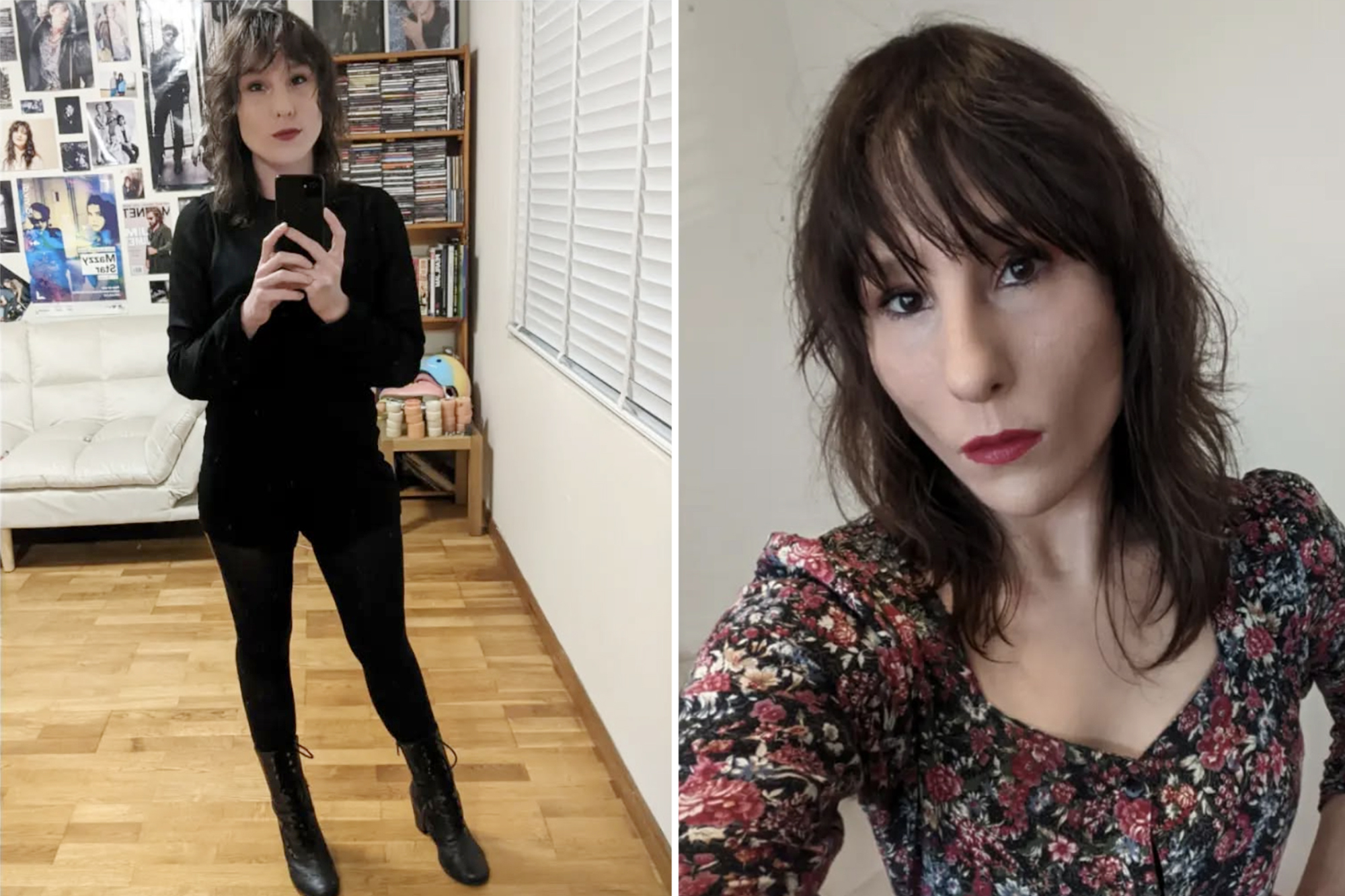My life has always been marked by a strange duality.
I was my high school dux, but I had no best friend to trade secrets and friendship bracelets.
I graduated with a double two degrees, but I couldn’t contact the cute guys in my classes.
I work professionally and captured a doctoral scholarship, but at the age of 31 I have never had a boyfriend.
The shame of my difference was consuming until I was diagnosed with autism at the age of 28.
Finally, my life made sense: my sensory peculiarities, the struggles of mental health and, above all, my “social discomfort”.
For many women like me, a diagnosis of autism comes later in life, if they ever diagnosed us.
According to recent research, about 80% of autistic women remain un diagnosed at the age of 18.
For a long time, autism was considered a “masculine” condition, four times more than the boys diagnosed with girls.
However, experts realize that autism is much more common in girls and women than they thought before.
However, the criteria for diagnosing autism are kept focused on men, that is, girls and women often remain unpartined and have no support.
However, even with a diagnosis, autistic women are often confronted with proper support.
Take, for example, my experience with the National Disability Insurance Squest (NDIS).
According to the NDIS, the scheme prioritizes “choice and control” of the participant and “reasonable and necessary” supports to improve the quality of life, independence and social skills of people with disabilities.
Asking the NDIS, I hoped to finally get some help: the support I need mainly because of my social isolation.
I have no partner and both parents have died.
After a year of waiting for my request, I received a call that changed from the life of a voice woman from the sun.
“You just have to call to do -know that you are now a participant in the NDI,” he said.
The relief flooded me, but it was short.
At my first planning meeting, an NDIS worker asked me what supports I would like.
“Psychosexual therapy and pelvic floor physiotherapy,” I replied.
“And maybe a hearing aid for the left ear.”
“How are they related to your autism?” She asked.
In an uncomfortable way, I explained how my social anxiety and trauma are stored in my pelvic muscles, a condition called vaginism.
These therapies, I have clarified, mean that someday I will have the confidence and physical ability to have a normal and romantic romantic sexual relationship, like all others.
“Not everyone who has autism experiments trauma,” he said.
“There is no direct link from autism to psychosexual therapy or pelvic floor physiotherapy for their vagins … anything.”
The shame devastated me.
“They are considered medical treatments,” he continued, “so they are not covered by the NDIs, but by Medicare.”
Medicare had all my courage to point out that none of these therapies are covered by Medicare.
Later, I learned that both psychosexual and physiotherapy therapy can be covered by NDIS.
At the end of the call, the NDIS planner offered me access to a speech therapist and supportive worker, although I have no impediment to speech and I am comfortable going alone.
As a scholar of disability, I know why I fallen through the cracks.
As many services aimed at helping autistic people, NDIS are biased by years of diagnostic and rhetoric of treatment.
This underlying stream of medical misogyny feeds ignorance of how autism is presented in adult girls and women, and thus what “reasonable and necessary” supports can be.
In other words, because I am autistic, I was offered a speech therapy and a supportive worker, which I understand is common for autistic men.
But I am an autistic woman and I do not need speech therapy.
I need physical and mental therapy because I can create my confidence and cure my traumatized body so that relationships are not scary and that sex is not painful.
And I’m not alone to fight with romance and sex.
Research shows that autistic women often have poorest levels of general sexual functioning, they feel less well in sexual intercourse than autistic men, and also have a greater risk of being a victim of sexual aggression or abuse.
According to a recent study, 9 out of ten autistic women have experienced sexual violence.
I am between them.
Despite statistics like these, support for autistic women is scarce and difficult to access, even for autistic people called “talls that work” like me.
Reflecting on my NDIS experience, I think “it should not be so difficult.” But it is.
And has implications of real life.
In a pub where the noise gets my hearing impairment, I can’t hear properly the kind approaching me to talk.
Finally he resign and excuses himself politely, moving away.
I have a panic attack and march.
On Facebook, I see old schoolmates publish about their peers and children. On Instagram, I see that one of my greatest friends announces his commitment.
“Congratulations !!!” I comment, crying tears of envy.
In the gynecologist, I fail a cervical examination in pain.
Sol, I remember lying on the bed of a man, paralyzed in fear and the shame of my inexperience.
I wonder what a speech therapist would say.
Elena Filipczyk is an autism writer and a doctoral candidate.
#sad #reason #year #boyfriend
Image Source : nypost.com
